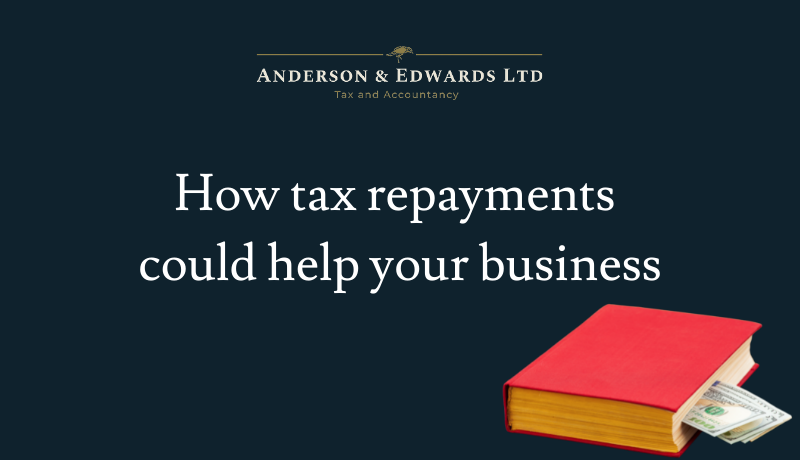
The thought of starting a new business can be daunting. Your checklist includes setting up everything from finance, to marketing and insurance. Having started our company in 2021, we understand the struggles and barriers involved first-hand.
New businesses with early losses might be entitled to receiving tax reliefs. Many people don’t realise but these can help make your business a success, and relieve some of the pressure you’re facing.
Here are our top tips for getting started, and how to consider tax repayments as a positive for your new business.
You've just started a new business, and it is costing you so much. You’re spending money on equipment, insurance, advertising, software, and the odd unexpected cost that is absolutely vital (believe us, we know!).
You could be spending thousands of pounds before you have even started to trade, or have taken on your first customer.
So why not make that work for you?
We’re often made to think that we have to profit in our business, otherwise, we fail. However, starting up can be tough. With outgoing costs being so high right from the start, it almost seems impossible. We encourage our clients to not be afraid of loss. In fact, tax losses can be useful.
Everyone's situation is different, and there are so many ways you can make use of losses. We won't go through them all but let us take you through a recent example.
Sally was working as an employee earning ~£60k a year. She was a higher rate taxpayer (paying tax at 40% on some of her income).
In November 2021 Sally left her job (having earned £40,000 in the tax year so far). She decided to set up her own consultancy practice as a sole trader.
Sally spent £10,000 on her new software, advertising, insurance etc. and she only had a tiny amount of sales up to April 2022.
Sally should still report the losses on a tax return, and she should do it as soon as she can!
Sally could use those losses to offset her income in the current year, she is a basic rate taxpayer in that year (from her employment up to Nov 2021) so she would get circa £2,000 as a tax repayment from HMRC a few weeks after submitting her tax return.
A far better option would be to carry back the losses to either the previous year (or an earlier year) when she was a higher rate taxpayer and potentially get a £4,000 repayment (or more). You'd also be able to use the losses separately to reduce your National Insurance contributions in future years.
HMRC certainly won't tell you what the best option for you is, but an early tax repayment to inject some much-needed working capital into your business could be vital to its success. You need someone to analyse what is the best use of the losses for your own situation. You have a choice and the wrong one could see you miss out.
A good accountant and tax advisor can make a massive difference to the success and speed of your business.
It’s easy to feel alone when you are starting up your own business. Fear not though, we know many businesses that have recently gone through the same challenges, especially amongst our Secret Network.
With 19 years in the industry collectively, we’ve also turned our start-up learnings into something practical that is useful for our clients. We don’t want you to face the same stresses that we did when setting up either. We’re always keen to hear from new business owners, even if it’s to point you in the right direction. Give us a shout to see if we can help. Email Enable JavaScript to view protected content. or call 0131 364 4191.
© 2025 Anderson & Edwards Ltd|Registered in Scotland SC678768|Privacy Policy|Website by Broxden